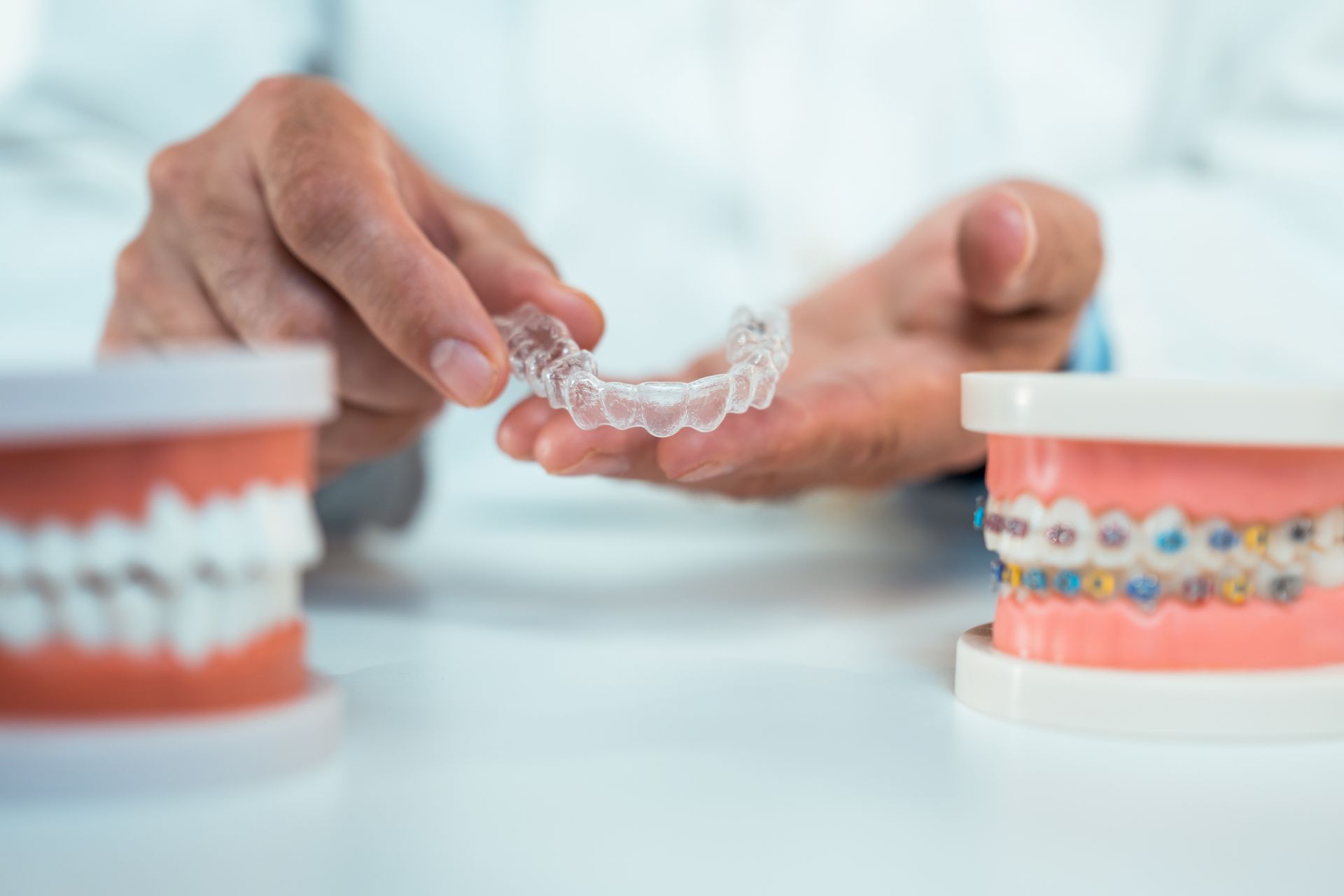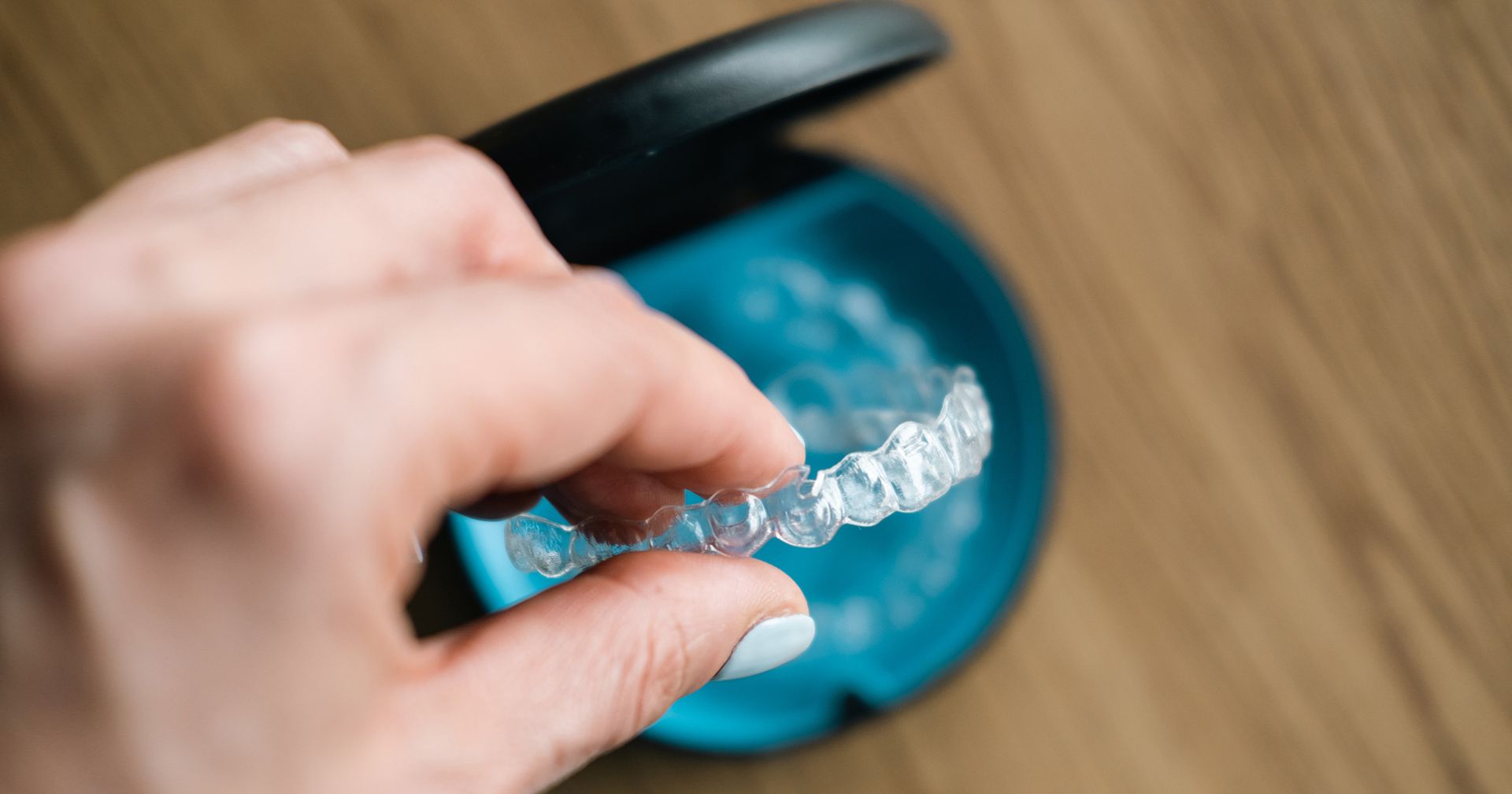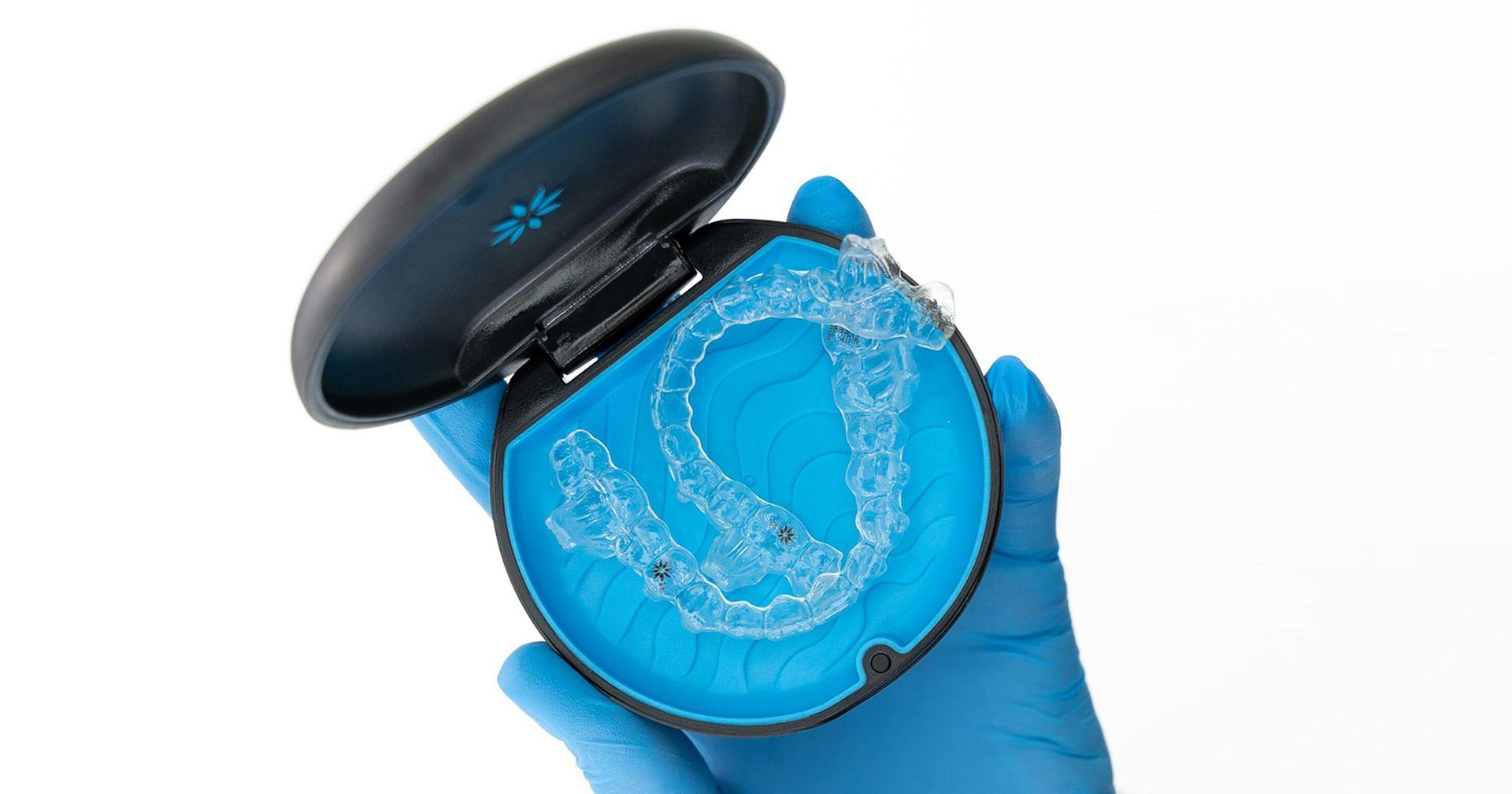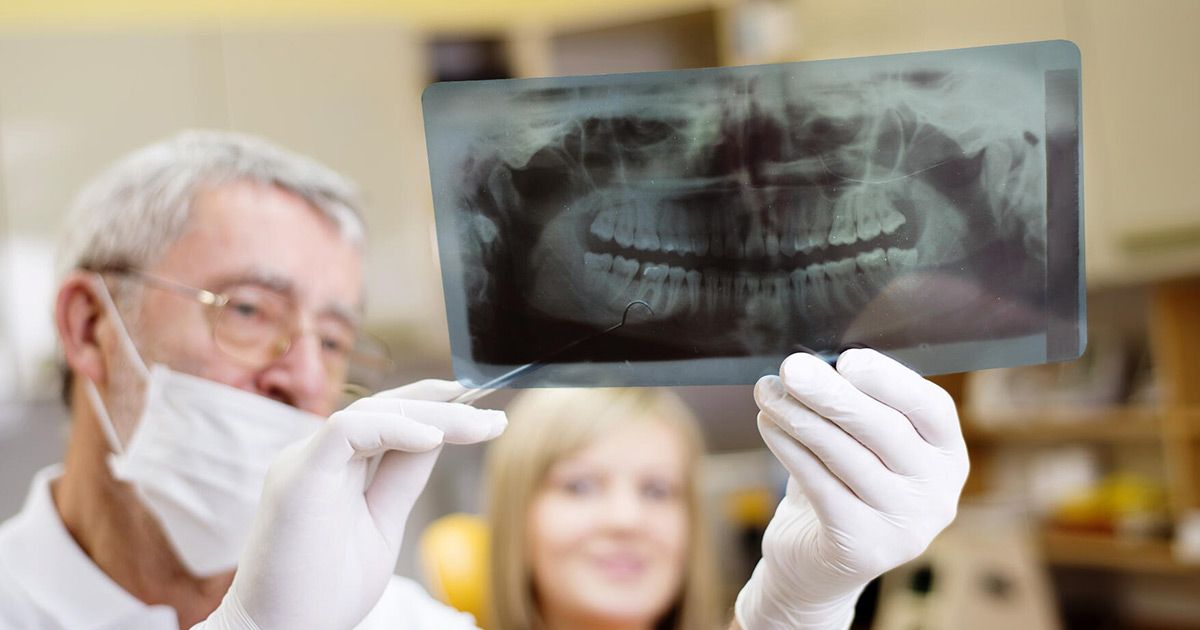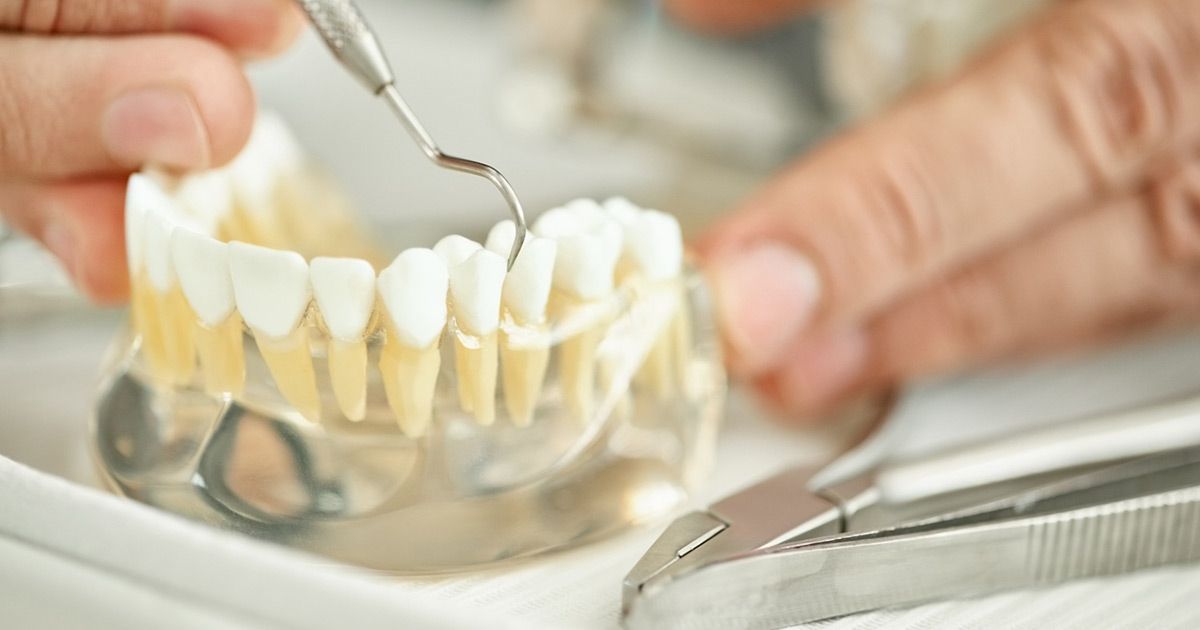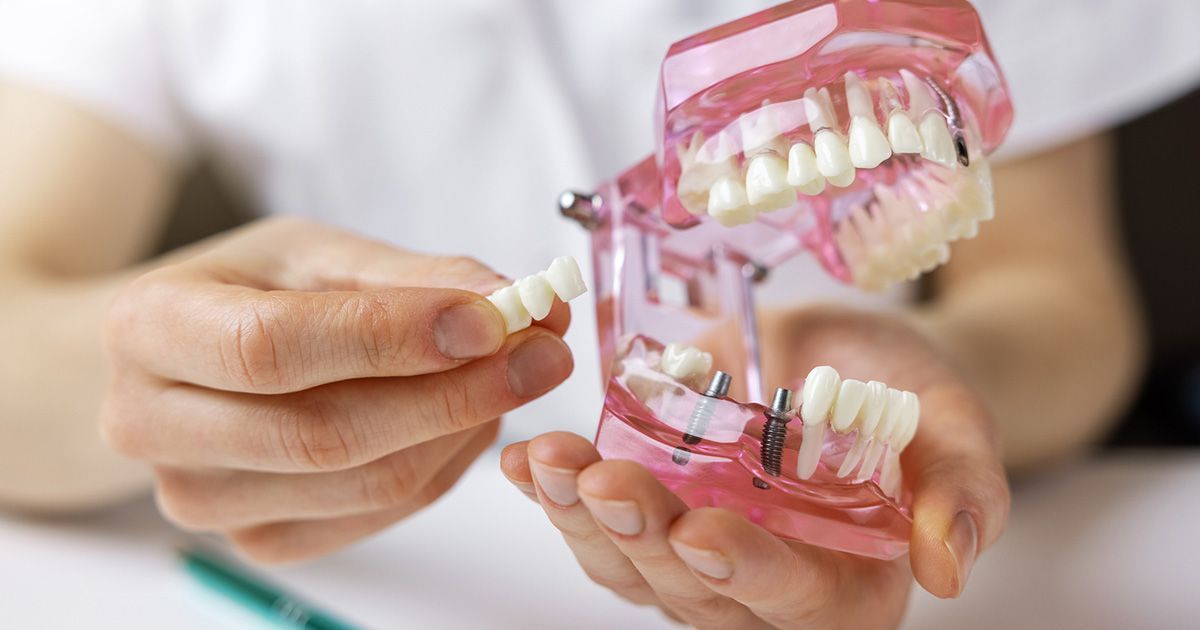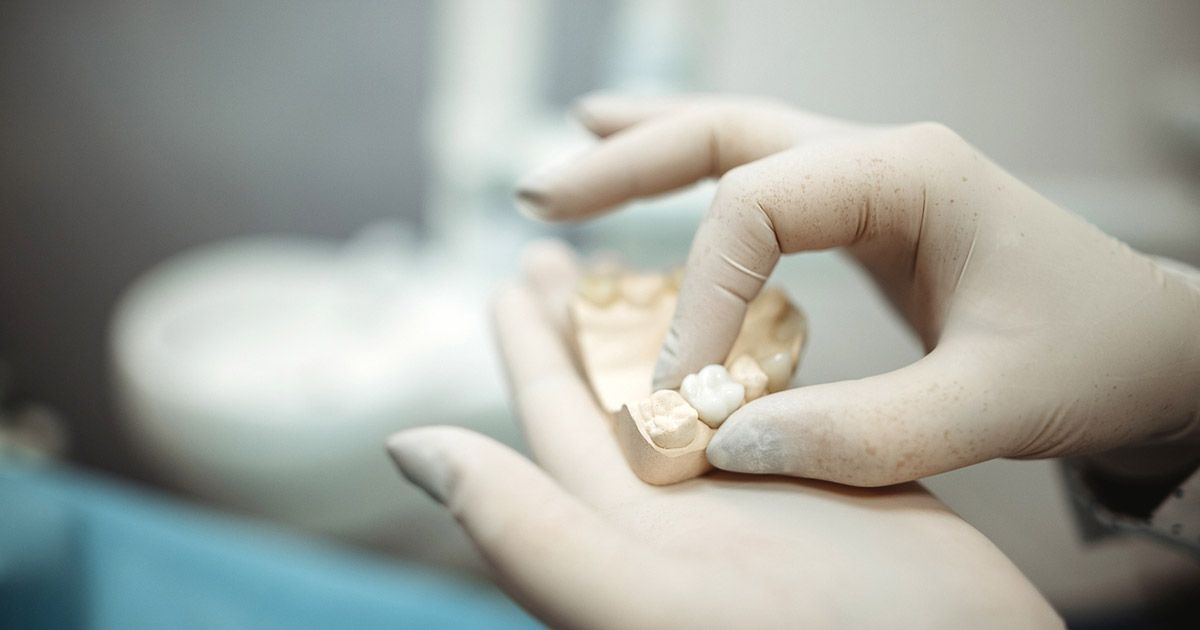A Complete Guide to Dental Implants
Dental implants can be an excellent alternative to dentures. Find out everything you need to know about dental implants with this complete guide.
Are you embarrassed by missing teeth? Today, dental implants offer an effective method for replacing missing teeth. Their state-of-the-art design makes them hard to distinguish from your natural teeth.
In fact, implants are one of the greatest advances that have occurred in dentistry in the past 40 years. This long-term solution can give you back a confident smile.
Continue reading to learn all about dental implants.
What Are Dental Implants?
- Take the place of one or more missing teeth
- Recreate your smile
- Correct a patient’s problem with chewing, speaking, and digestion
- Correct problems with a patient’s bite
- Resolve jaw pain caused by shifting teeth
- Correct and improve facial tissues and appearance
Types of Dental Implants
Advantages of Dental Implants
Are You a Good Candidate for a Dental Implant?
Paying for Dental Implants
The Dental Implants Procedure
After-Procedure Care
- Gum and face swelling
- Skin and gum bruising
- Pain
- Minor bleeding

